Often confused for dandruff, dryness on the scalp appears with similar symptoms, but dandruff is caused by oily scalp, and a dry scalp is from a lack of moisture. While both dandruff and dry scalp can lead to itching and tightness, dandruff typically presents as white or yellowish flakes of dead skin while dry scalp produces flakes that are often smaller and drier. Scalp dryness can also be a symptom of skin conditions like seborrheic dermatitis, eczema or psoriasis. Psoriasis is a chronic autoimmune condition that can lead to much thicker flakes that are extremely itchy and may bleed if peeled off. If you think you have scalp psoriasis, set up an appointment with your dermatologist, because you’ll likely require prescription medication to treat it. Similarly, if you think it’s eczema or seborrheic dermatitis, a dermatologist should be seen to diagnose and treat properly. In most cases medicated shampoos are the solution for chronic dry scalp.

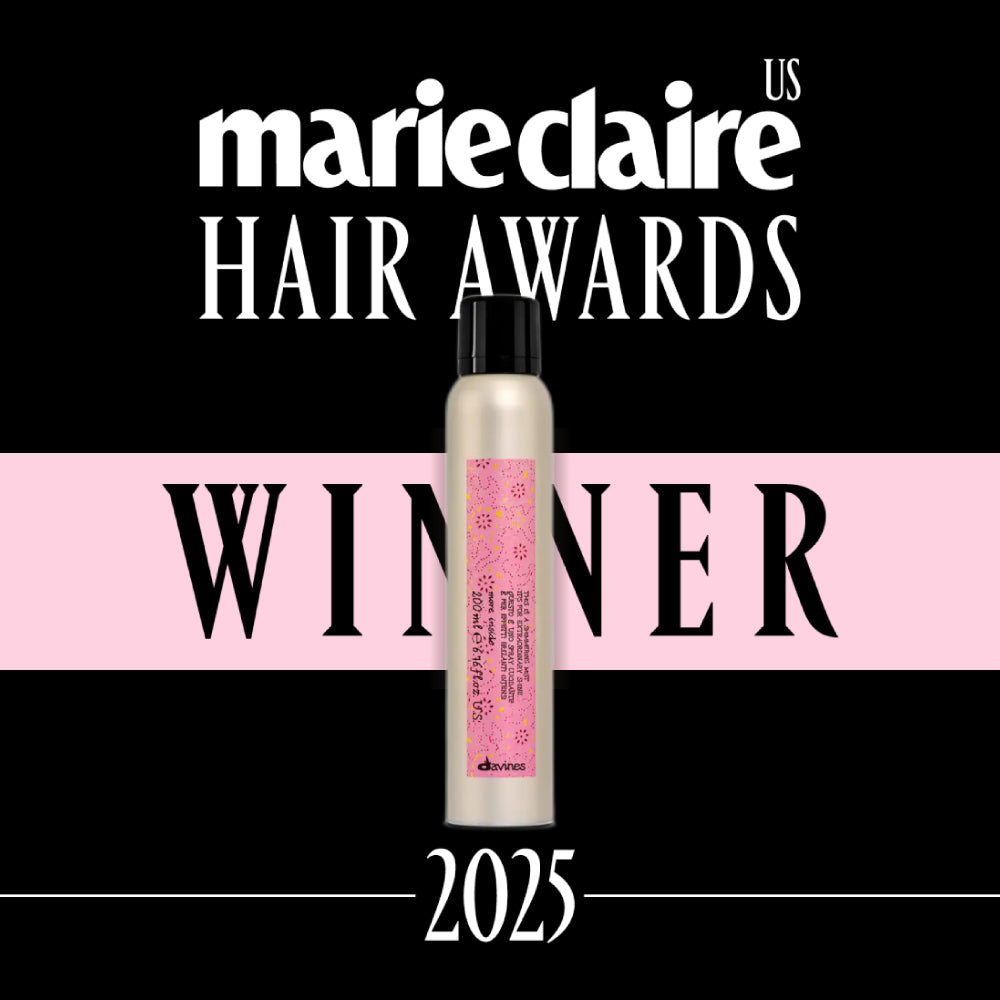

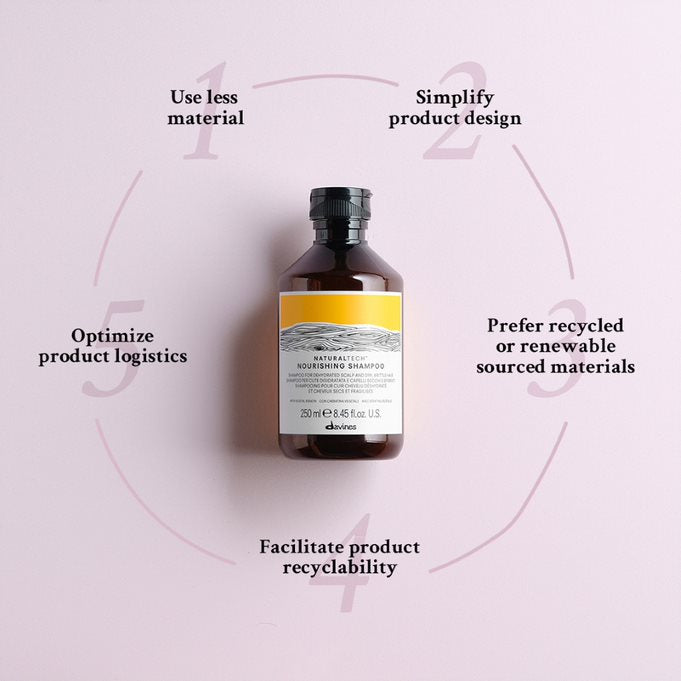
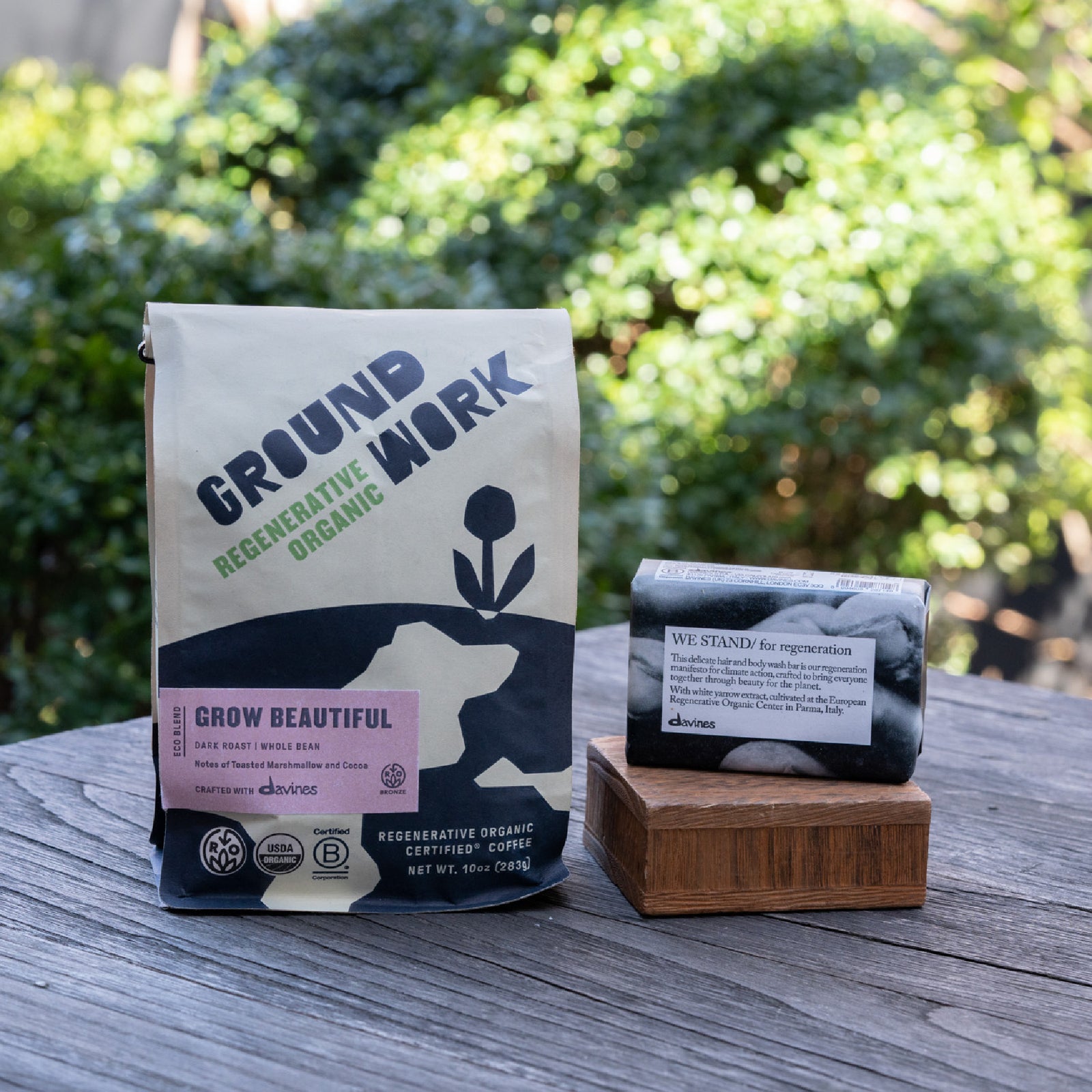
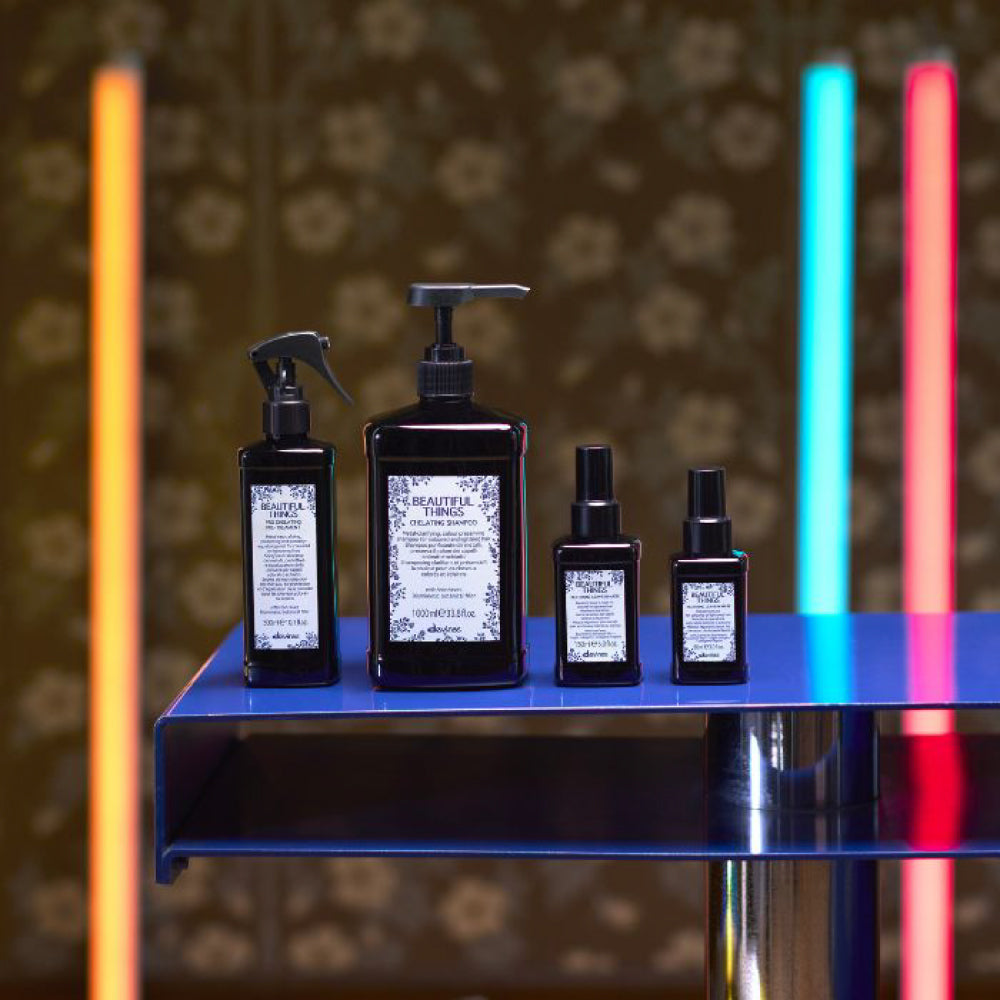

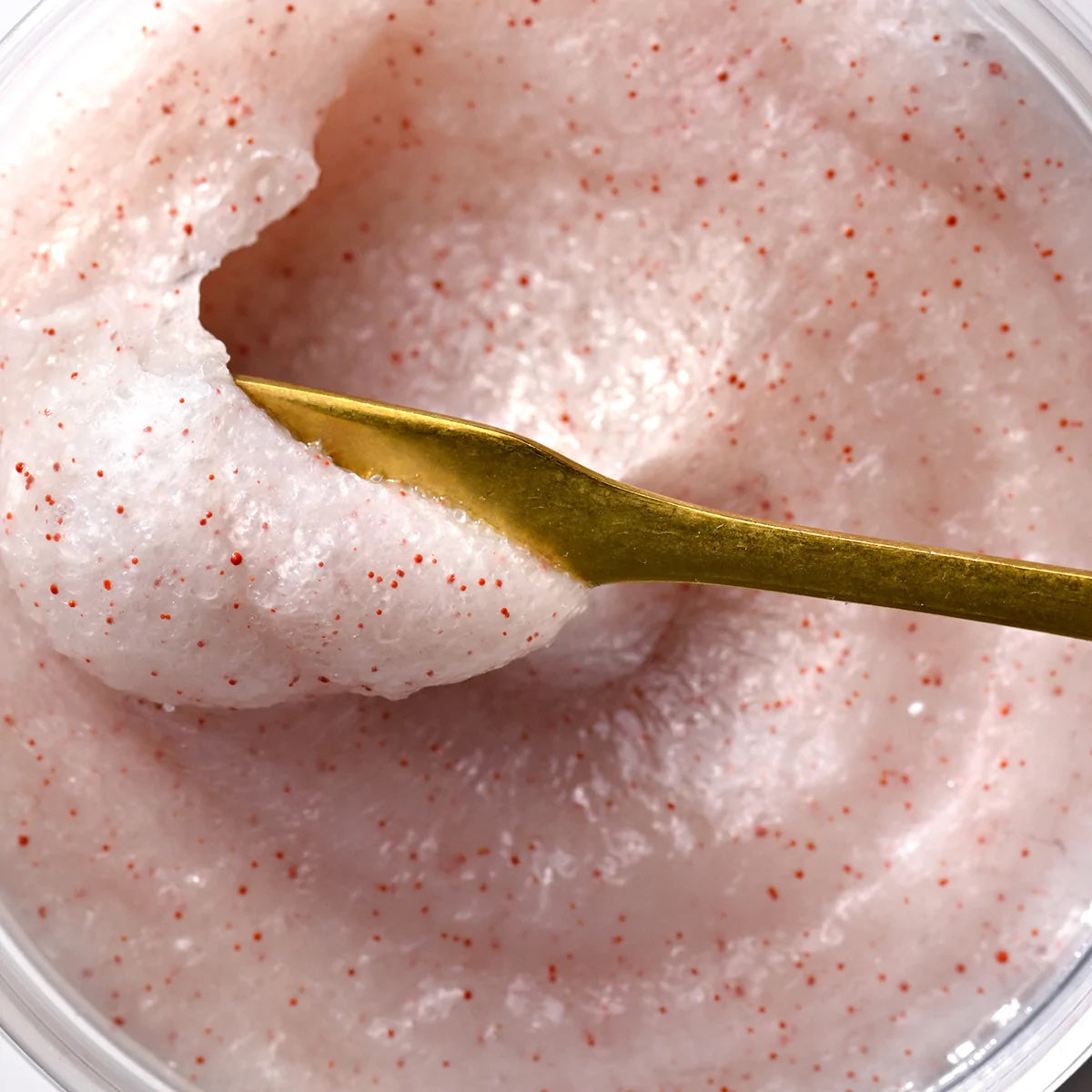
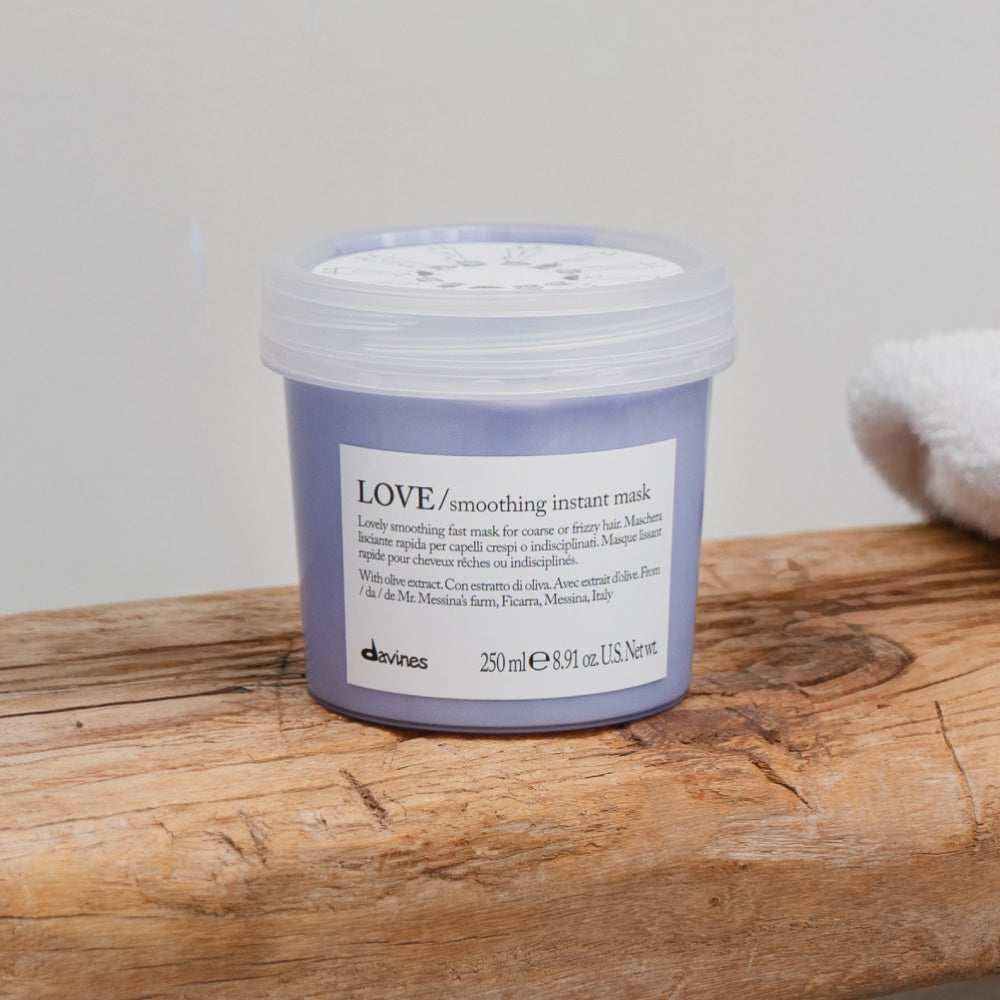

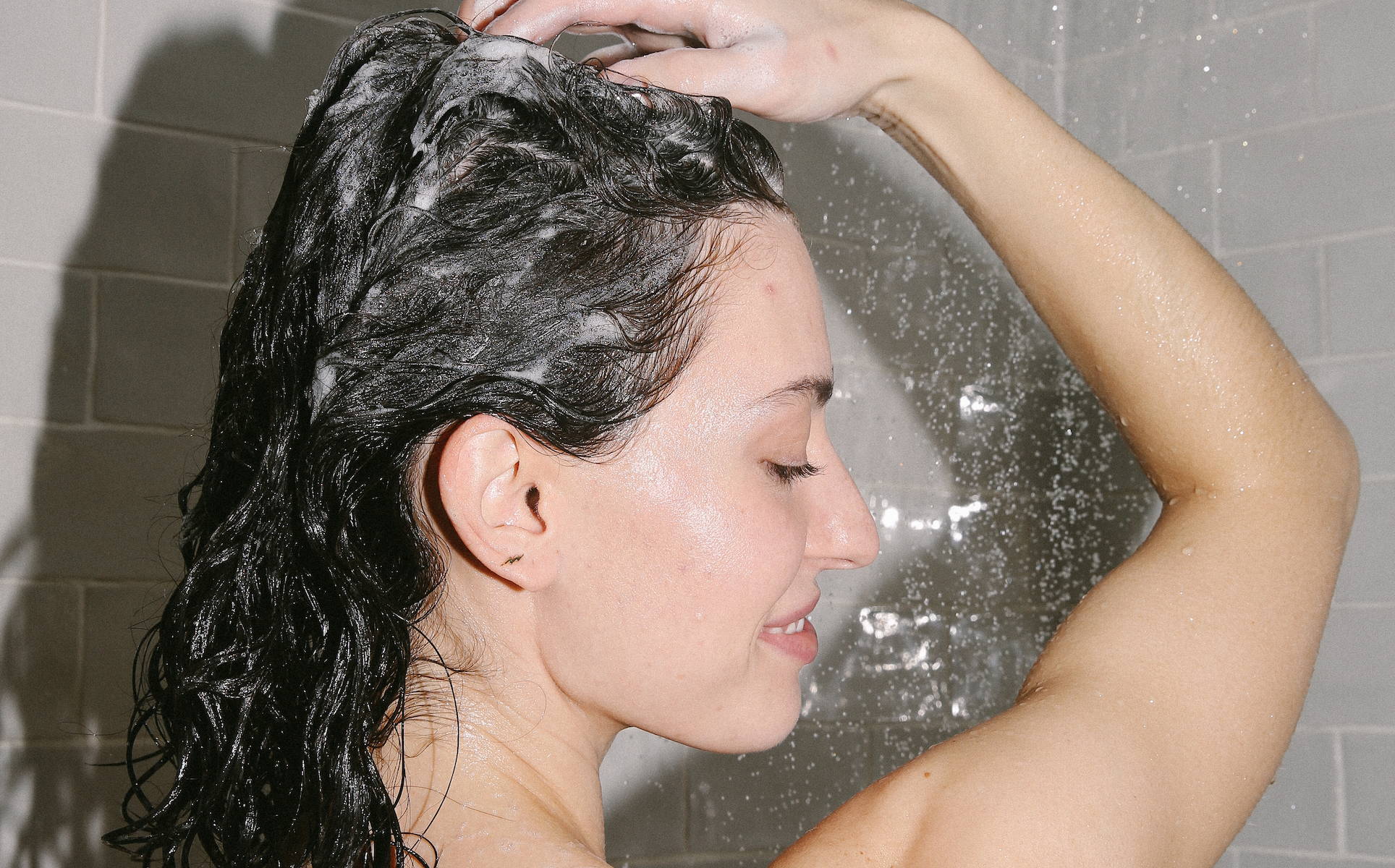
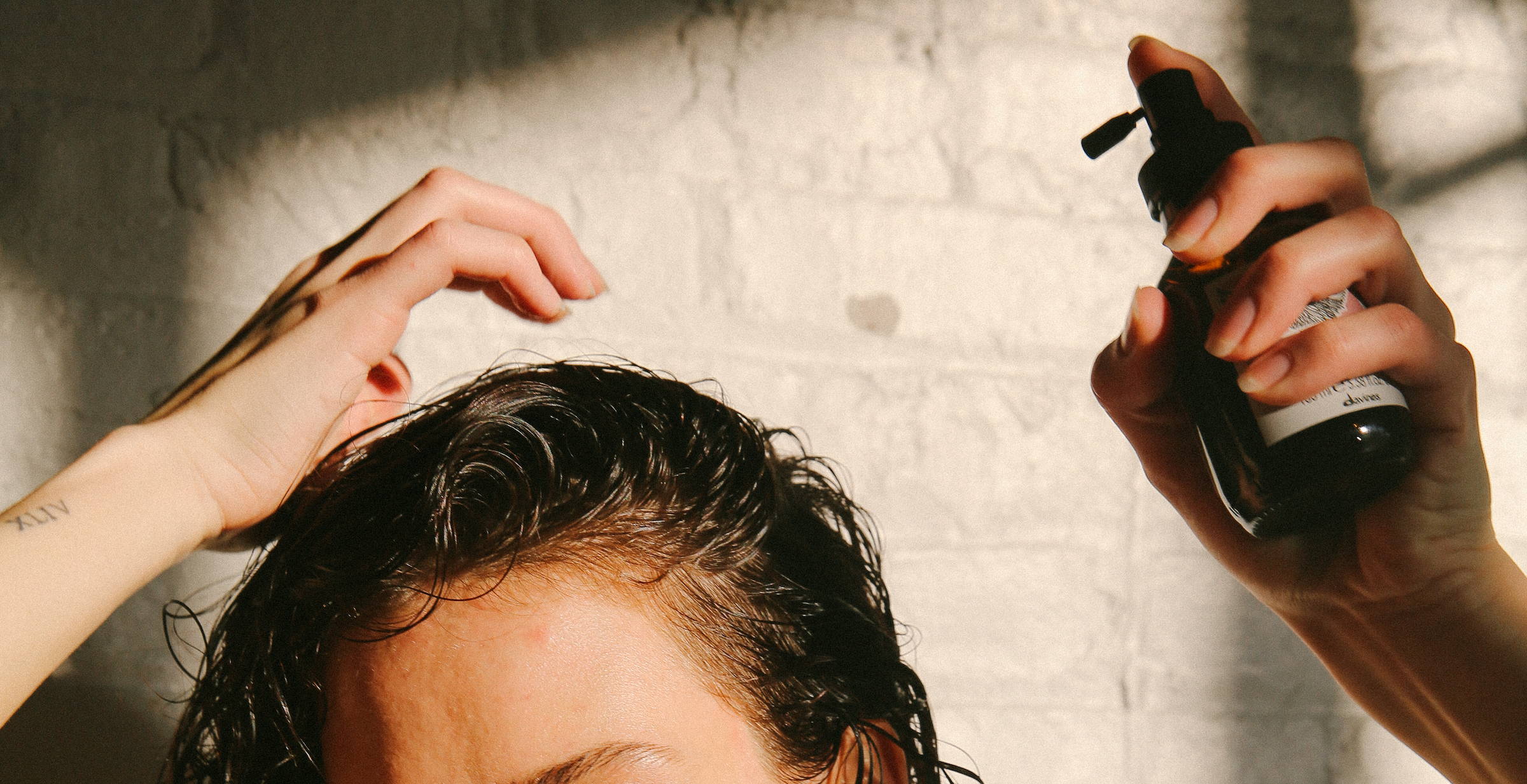
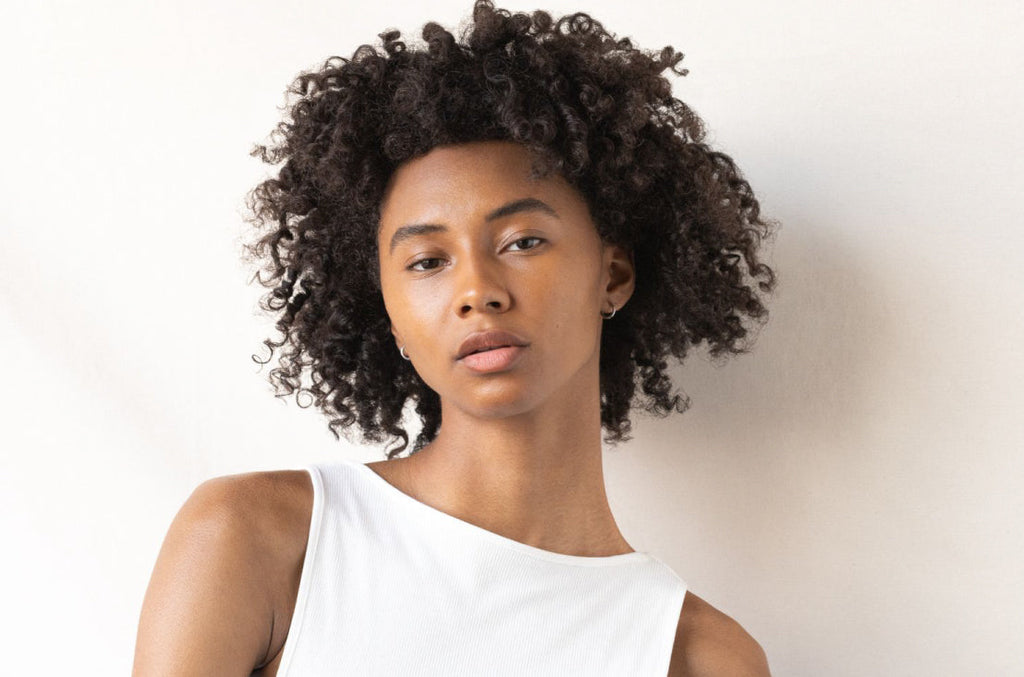
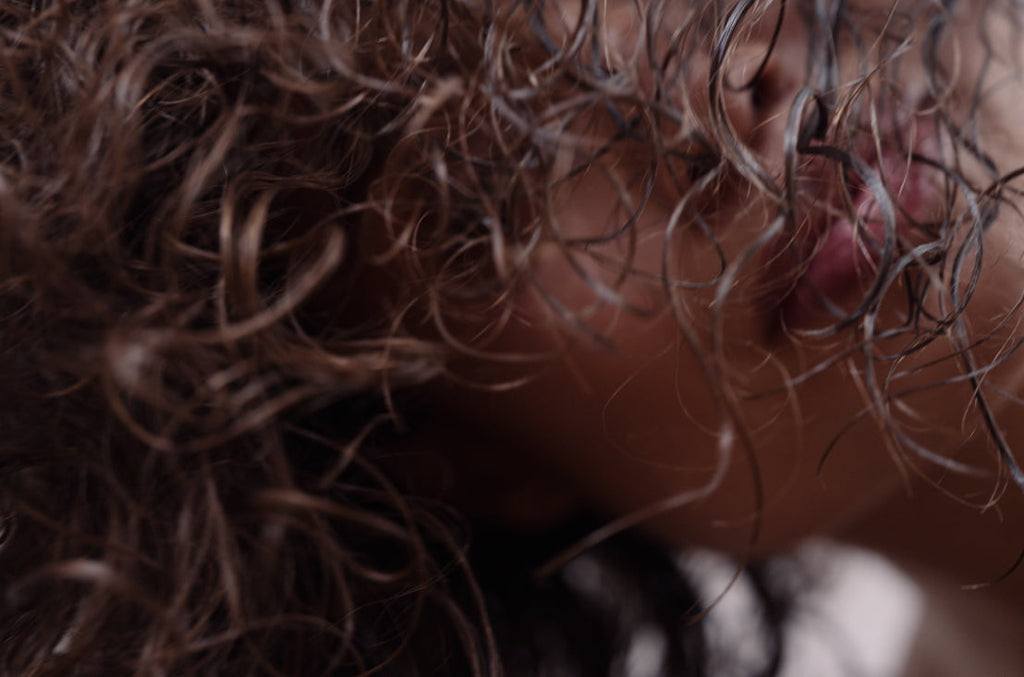

Leave a comment
Comments will be approved before showing up.